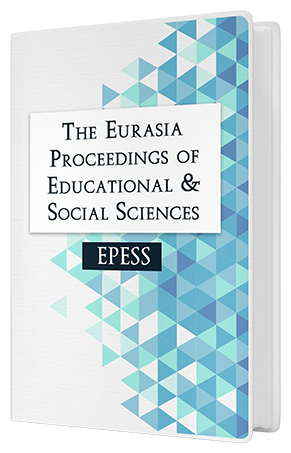Harnessing Creativity and Nurturing University Students’ Innovation for Entrepreneurial Breakthrough
Keywords:
Entrepreneurial programs, Creativity and innovation, University students, Youth unemploymentAbstract
The paper review the extent to which university entrepreneurial programs can harness students’ creativity and nurture innovation for entrepreneurial breakthrough; while earning degree credit, a focus group at North West University (NWU), South African (SA). Alarming youth unemployment rates demand an alternative education approach. Exploratory inquiry evaluated students’ creativity and innovation projects to fill the market gap, using existing resources for income generation. Follow up in-depth Interactive Qualitative Analysed SWOT and key entrepreneurial breakthrough constructs. Students reiterated trust issues, vulnerability and betrayal risk as reason for suppressed Innovations mindful that entrepreneurial practical was insignificant to their degree attainment. Risk tolerant and hands-on students however, seized project opportunities resulting in thriving entrepreneurial businesses. The study sampled thirty (30) undergraduate students from NWU, rural campus, and needing entrepreneurship course to graduate and may not be generalised to non-entrepreneurial student. Project outcome showcase successful entrepreneurial breakthrough with stakeholder support to motivate students and increase youth employment. It highlight the necessity to embed practical in entrepreneurial curriculum, nurturing students’ creativity and innovations to forming value-adding stakeholder partnerships for entrepreneurial breakthrough.Technology and global competition place the youth and universities as key entrepreneurial role-players needing stakeholders support and mentoring including legal recourse avenues safeguarding creativity and innovation of those who are vulnerable from potential abuse.Downloads
Published
Issue
Section
License
Copyright (c) 2019 The Eurasia Proceedings of Educational and Social Sciences

This work is licensed under a Creative Commons Attribution-NonCommercial-ShareAlike 4.0 International License.
The articles may be used for research, teaching, and private study purposes. Any substantial or systematic reproduction, redistribution, reselling, loan, sub-licensing, systematic supply, or distribution in any form to anyone is expressly forbidden. Authors alone are responsible for the contents of their articles. The journal owns the copyright of the articles. The publisher shall not be liable for any loss, actions, claims, proceedings, demand, or costs or damages whatsoever or howsoever caused arising directly or indirectly in connection with or arising out of the use of the research material. All authors are requested to disclose any actual or potential conflict of interest including any financial, personal or other relationships with other people or organizations regarding the submitted work.




